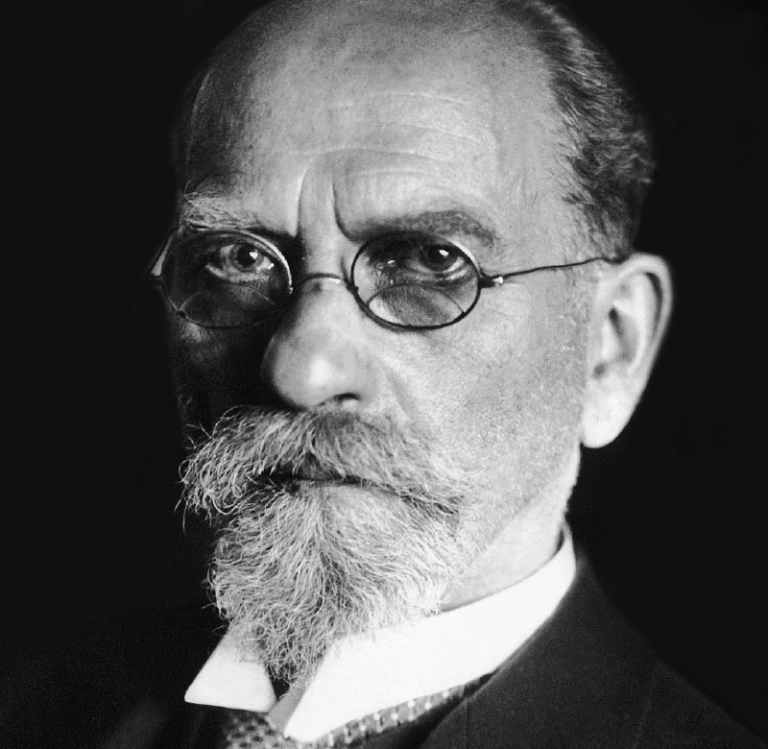Date of Birth: April 8, 1859
Zodiac Sign: Aries
Date of Death: April 27, 1938
Biography
Edmund Husserl was a German philosopher known as the father of phenomenology, a methodological approach to philosophy that focuses on the structures of experience and consciousness. Born on April 8, 1859, in Proßnitz (now Prostějov in the Czech Republic), Husserl initially studied mathematics at the University of Leipzig and later at the University of Vienna, where he was influenced by the work of Franz Brentano. He made significant contributions to the development of phenomenology, emphasizing the importance of returning “to the things themselves” to understand the essence of experiences. Husserl’s early works, such as “Logical Investigations” (1900-1901), laid the foundation for his later philosophical inquiries. In “Ideas Pertaining to a Pure Phenomenology and to a Phenomenological Philosophy” (1913), he further developed his thoughts on transcendental phenomenology. His philosophy influenced many 20th-century thinkers, including Martin Heidegger, Jean-Paul Sartre, and Maurice Merleau-Ponty. Husserl held academic positions at the University of Halle, the University of Göttingen, and the University of Freiburg. Despite facing challenges, including the rise of the Nazi regime, which forced him into retirement due to his Jewish heritage, Husserl continued to work on his philosophical projects until his death on April 27, 1938, in Freiburg, Germany.
5 Interesting Facts about Edmund Husserl
1. Edmund Husserl initially intended to pursue a career in mathematics before turning to philosophy under the influence of Franz Brentano.
2. Husserl’s concept of “intentionality” revolutionized phenomenology by emphasizing that consciousness is always about something.
3. He was the mentor of Martin Heidegger, who later became a prominent philosopher in his own right.
4. Despite being Jewish, Husserl converted to Protestantism in his early years, but he still faced anti-Semitic discrimination later in life.
5. His work laid the groundwork for existentialism and other philosophical movements, profoundly impacting 20th-century thought.
5 Most Interesting Quotes from Edmund Husserl
1. “To begin with, we put the proposition: ‘Pure phenomenology is the science of pure consciousness.’”
2. “We must go back to the ‘things themselves.’”
3. “Experience by itself is not science.”
4. “All consciousness is consciousness of something.”
5. “The aim of our studies is to understand the essence of the phenomena.”
Highest Net Worth Achieved
Edmund Husserl’s net worth is not documented as he was a philosopher whose primary contributions were academic rather than financial. Philosophers during his time did not typically amass significant wealth from their profession.
Children
Edmund Husserl and his wife Malvine Husserl had three children: Gerhart Husserl, Elizabeth Husserl, and Wolfgang Husserl. Gerhart Husserl followed in his father’s footsteps to some extent and became a legal scholar.
Relevant Links
1. [Stanford Encyclopedia of Philosophy: Edmund Husserl](https://plato.stanford.edu/entries/husserl/
2. [Internet Encyclopedia of Philosophy: Edmund Husserl](https://iep.utm.edu/husserl/
3. [Britannica: Edmund Husserl](https://www.britannica.com/biography/Edmund-Husserl
4. [Edmund Husserl – Phenomenological Research](https://www.phenomenologycenter.org/edmund-husserl/


